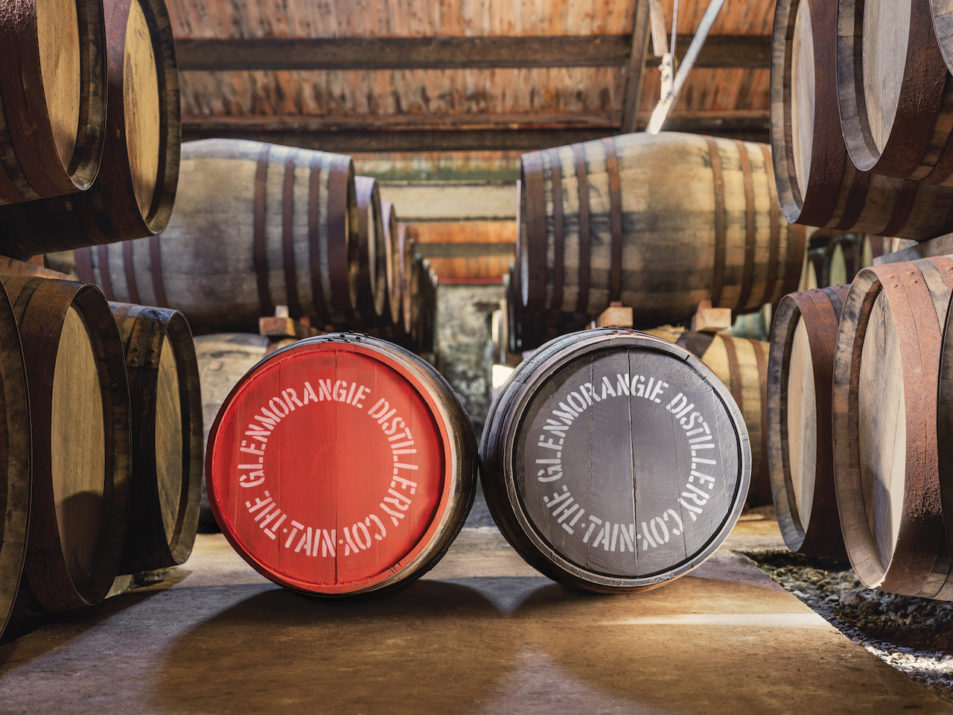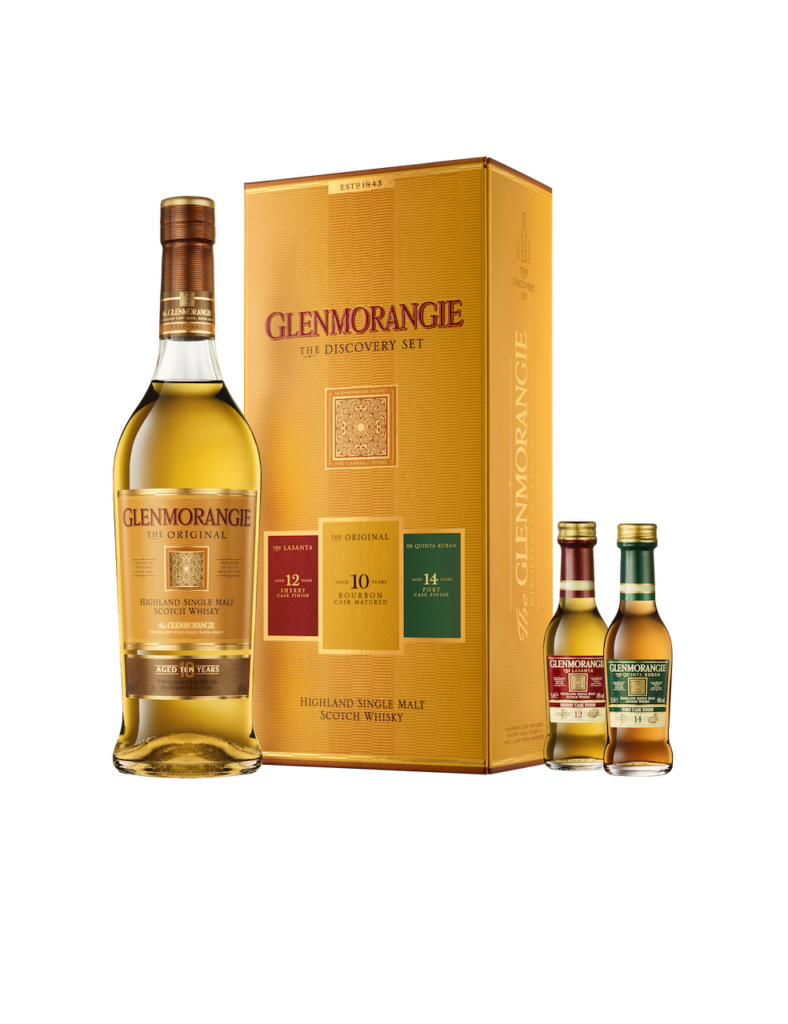
In case you missed it World Whisky Day was celebrated this past Saturday of May. The day was celebrated by whisky lovers worldwide with (virtual and in-person) tastings, events and gatherings. World Whisky Day is about making whisky fun for all, not about being exclusive or prescriptive. All you need to participate is a bottle of whisky – whatever variety, however you enjoy it.
Whether you’re a whisky buff or a beginner, take some time out to get to know this drink that is loved by South Africans. Yes, you can raise a glass as that’s the best way to learn, and also read the below facts from Glenmorangie Single Malt Scotch Whisky’s 175 years of exceptional whisky creation to brush up on the technicalities and get answers to some some frequently asked questions about whisky:
- Which spelling is correct: whisky or whiskey?
To be called Scotch whisky, the liquid must be aged in oak casks for a minimum of 3 years in Scotland. Whisky spelt without an ‘e’ is made in Scotland. Whiskey spelt with an ‘e’ refers to Irish and American whiskey.
2. Differentiating between a single malt and blended whisky?
Single malt whisky is distilled and matured all at one distillery. Blended whisky is made by combining whisky from two or more distilleries (malt and/or grain).
3. Where does the flavour come from?
Whisky flavours are developed during the entire whisky creation process. Two key factors are the distillation and maturation process. The slower the distillation, the fruitier the whisky owing to the liquid’s prolonged contact with the copper still. In the case of Glenmorangie, for example, the distillery boasts Scotland’s tallest whisky stills (as tall as an adult giraffe) at the premises in Tain, Ross-shire. The 5.14m high swan-necked copper still is one of the reasons Glenmorangie has a fruity palate. Whisky flavours are also largely derived from the casks the liquid is matured and elements such as cask size, age and wood assist in the wondrous flavour.
4. Why do whiskies produced in different distilleries vary in flavour?
There are five Scotch Whisky regions – Campbeltown, Highland, Islay, Lowland and Speyside. Each region has unique characteristics which impact the flavor of the whisky such as climate and terroir.
5. What is the best way to enjoy whisky?
Whisky can be enjoyed in any number of ways; there is no one way to do it. A lot of purists enjoy it neat, or with a drop of springwater to bring out more flavours. Others enjoy it with a mixer like soda water or ginger ale. There are also some amazing, easy to make whisky based drinks such as the Glenmorangie Orange Highball and other simple, delicious serves to suit your taste.
6. Is older whisky better than younger whisky?
Some older whiskies can be too woody for some people’s tastes. Some peated whiskies lose some of their peaty, smoky goodness if they’re aged over 20 years. As with everything else, your taste is paramount. That doesn’t mean age “doesn’t matter”. Age matters tremendously. Age affects whisky because of evaporation, esterification, interaction of the spirit with the wood, and a host of other factors. Older whisky is different, not necessarily better, than younger whisky. As a general rule, the longer a whisky is aged, the more influence the cask will have on the final product, all other things being equal.
7. What is the difference between age and vintage?
The age mark on a bottle of whisky, whether it is from Ireland, Scotland, or the U.S., denotes how long the whisky has been stored in casks since distillation. In the case of whiskies created from multiple casks, this is the age of the youngest whisky in the blend.
Although more common with wine, some whisky distilleries (such as Glenmorangie and the Grand Vintage collection) use a vintage demarcation as well as an age mark. The vintage is the year the whisky was put in a cask for the first time.
8. Advice for first time whiskey drinkers?
Take your time. Savor every sip. There are many ways that you can enjoy whisky, whether with just ice or soda water or tonic – you can find something to suit your taste. The best advice is to find somewhere that has a good whisky selection or seek out an organised whisky tasting.
9. How many calories are there in a standard measure of Scotch Whisky?
A standard measure of Scotch Whisky (25ml) contains 55 calories.
For those looking who are still celebrating World Whisky Day, you can give yourself the gift of discovery with the Glenmorangie Pioneer Pack: with a 750ml Glenmorangie Original 10 YO and extra-matured Glenmorangie expressions in a 50ml; Glenmorangie Lasanta 12 YO and 50ml Quinta Ruban 14 YO.
This elegant, floral spirit, that emerges from Scotland’s tallest stills, encapsulates the balance between sweetness and complexity. The original expression is a single malt, maturing for 10 years in a range of ex-bourbon casks, resulting in a mature spirit that is soft, mellow, and creamy.
Available at selected retailers from R419,95.



